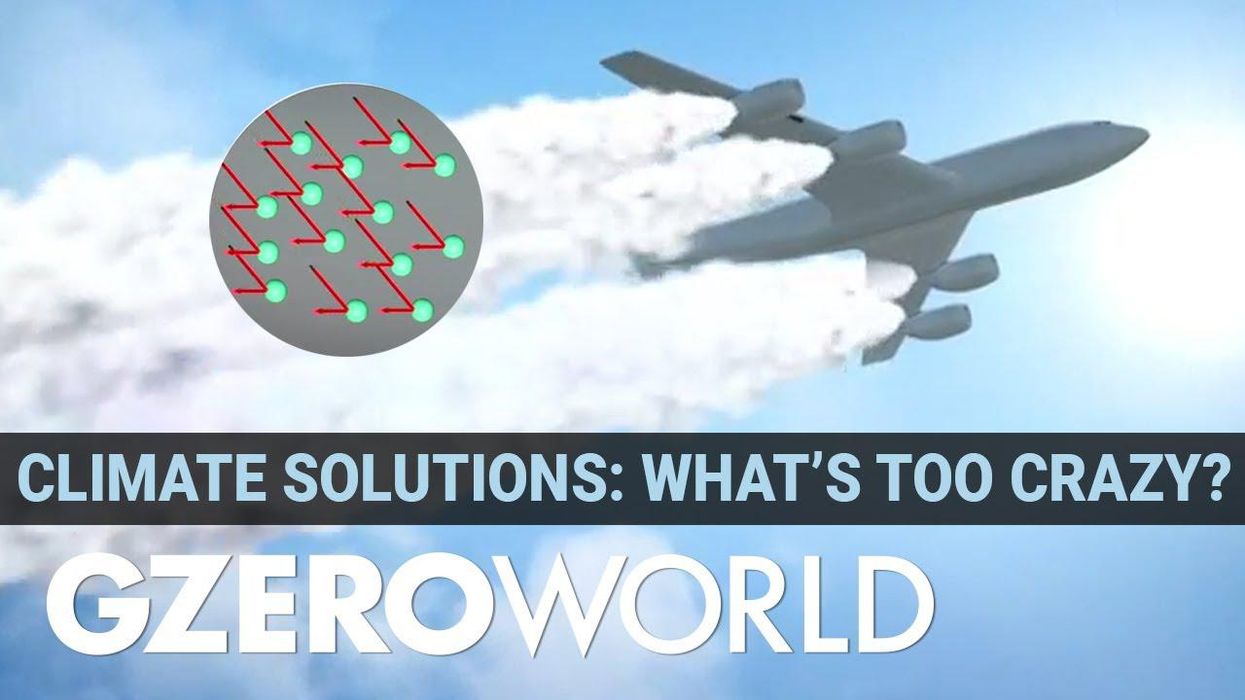GZERO World Clips
A history of Earth Day and the climate movement: river on fire
Ian Bremmer explains how a fire on the Cuyahoga River set an entire conservation movement ablaze. Over 50 years after the first Earth Day, climate change remains a global emergency calling for extreme solutions.
Apr 21, 2021


